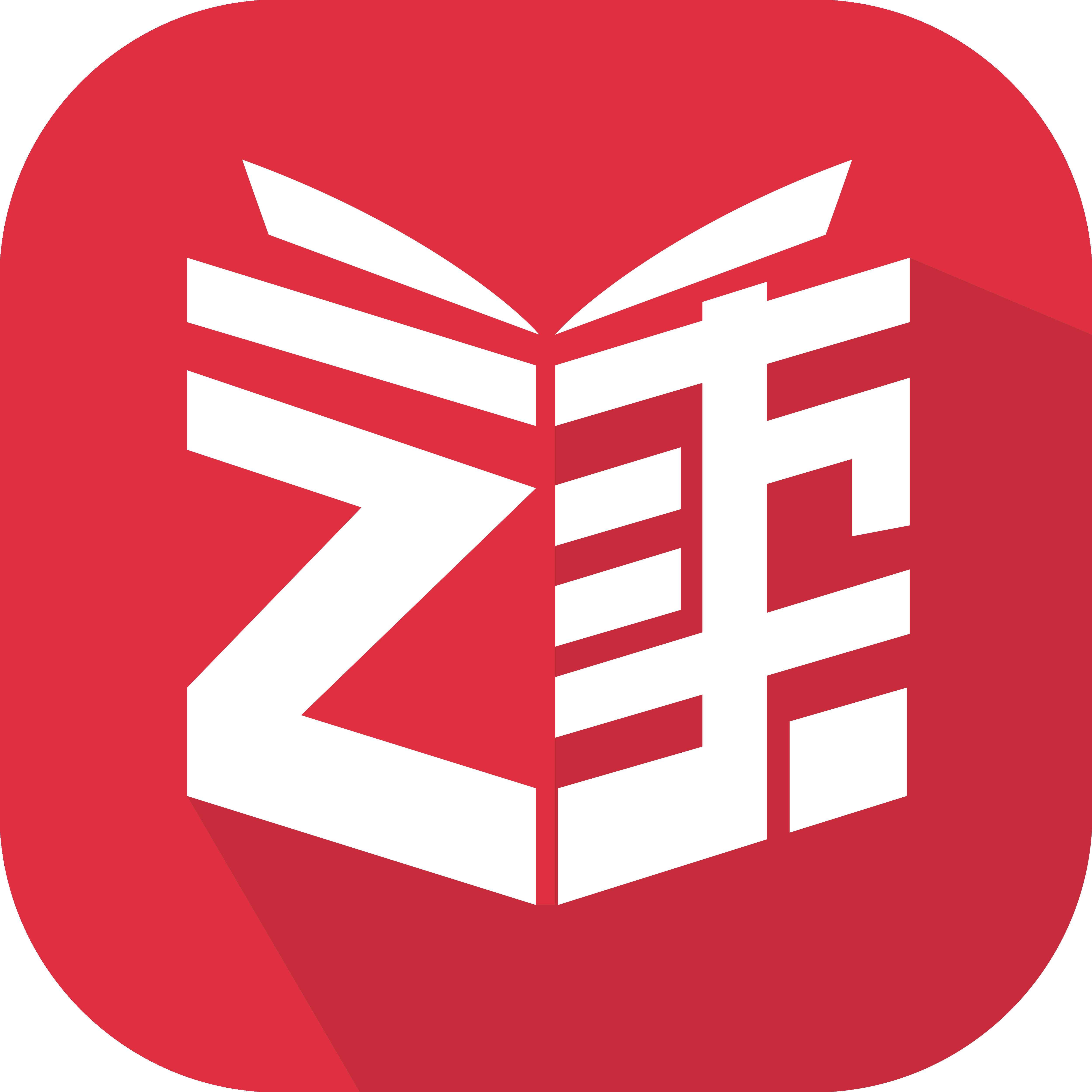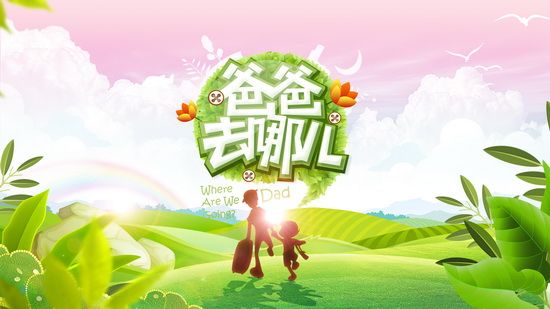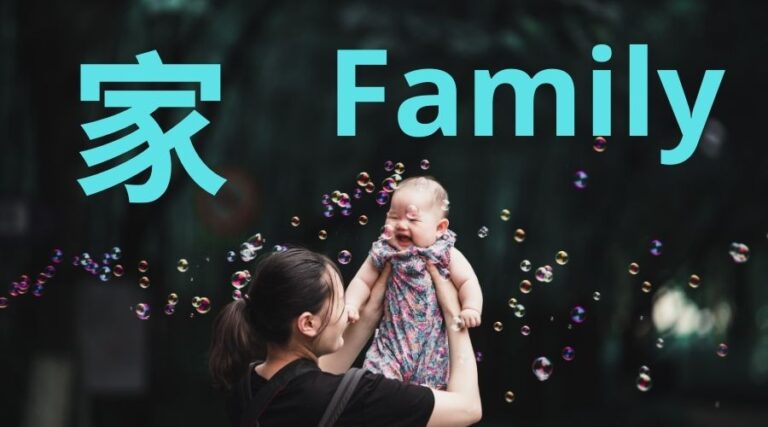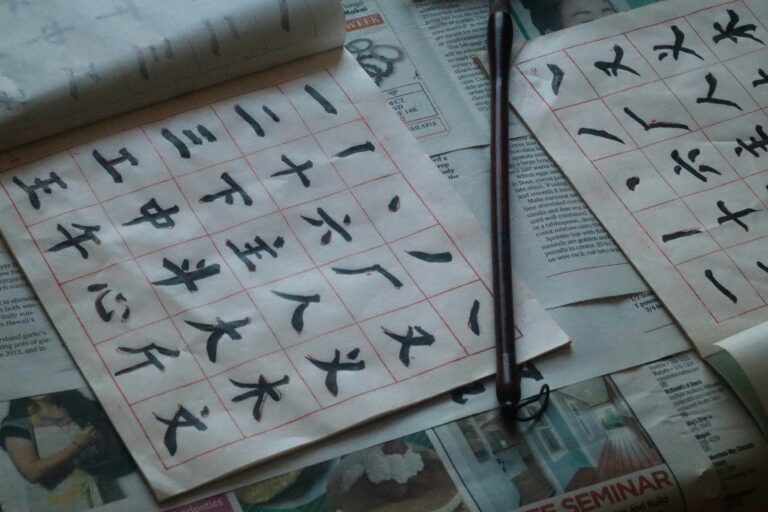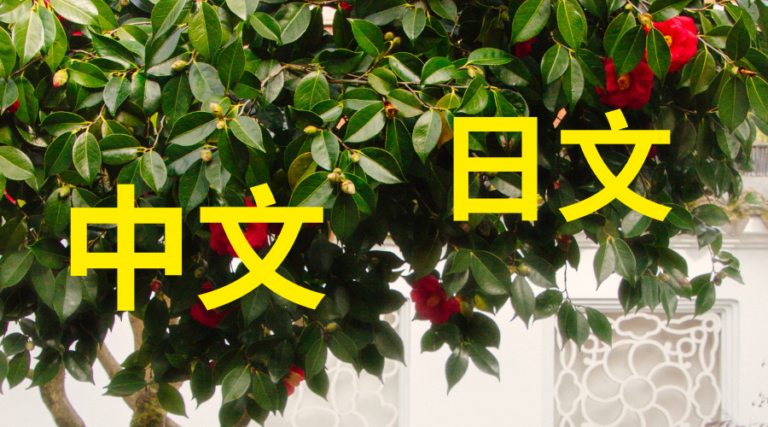What Is Mandarin, and Why Is It Important?
If you’re learning Chinese in school or on your own, you’re almost definitely learning Mandarin Chinese. But what exactly is Mandarin, and why is it important? Knowing what people mean when they say this word, and how it fits into the wider landscape of the Chinese language, is essential for communicating with Chinese people and understanding China as a whole.
The Wider Landscape of Chinese
- Mandarin (官话); spoken in northern, northwestern and southwestern parts of China
- Wu (吴语); spoken mainly in Shanghai and the provinces Jiangsu and Zhejiang
- Min (闽语); spoken mainly in Fujian province
- Yue (粤语); spoken mainly in the provinces Guangdong and Guangxi. This is the group that contains Cantonese.
- Xiang (湘语); spoken in Hunan province
- Gan (赣语); spoken in Jiangxi province
- Kejia [Hakka] (客家话); mainly found in small enclaves in different provinces in southern China, notably Guangdong, Guangxi, Fujian and Sichuan
Can people understand different dialects?
Confusion with the word “Mandarin”
The word “Mandarin” is used a lot when talking about Chinese, but can mean different things:
Mandarin (官话) as a dialect family: To linguists, “Mandarin” (官话) refers to a massive language group that includes sub-dialects spoken across a wide area in China. For example, 四川话 (Sichuanese) and 北京话 (Beijing dialect) sound radically different, but still belong to this wider Mandarin dialect group.
Mandarin (普通话) as the standard language: When most people use the word “Mandarin,” they’re referring to the version of Chinese used as the standard language in many parts of the Chinese speaking world. This is the version of Chinese taught in schools and used in broadcasting and media. It’s referred to as 普通话 in Mainland China, 国语 in Taiwan, and 华语 in Singapore and Malaysia. In English, this is called “Modern Standard Mandarin,” “Standard Mandarin,” or “Standard Chinese,” but most people just say “Mandarin.” This is also what most people mean when they refer to Chinese with words like “中文” or “汉语” in everyday conversation.
Modern Standard Mandarin: 普通话
After the fall of the Qing dynasty, there was a serious push to create a national language that could be shared among all Chinese citizens. In 1913, conferences were held to begin the process, and by 1932 China had finished work on developing this new national language.
The result was a standardized, streamlined version of the Mandarin spoken in Beijing, and would go on to become 普通话 in Mainland China, 国语 in Taiwan, and 华语 in Singapore and Malaysia.
This is the language that almost all Chinese learners are really learning: “Modern Standard Mandarin,” “Standard Mandarin,” or “Standard Chinese.”
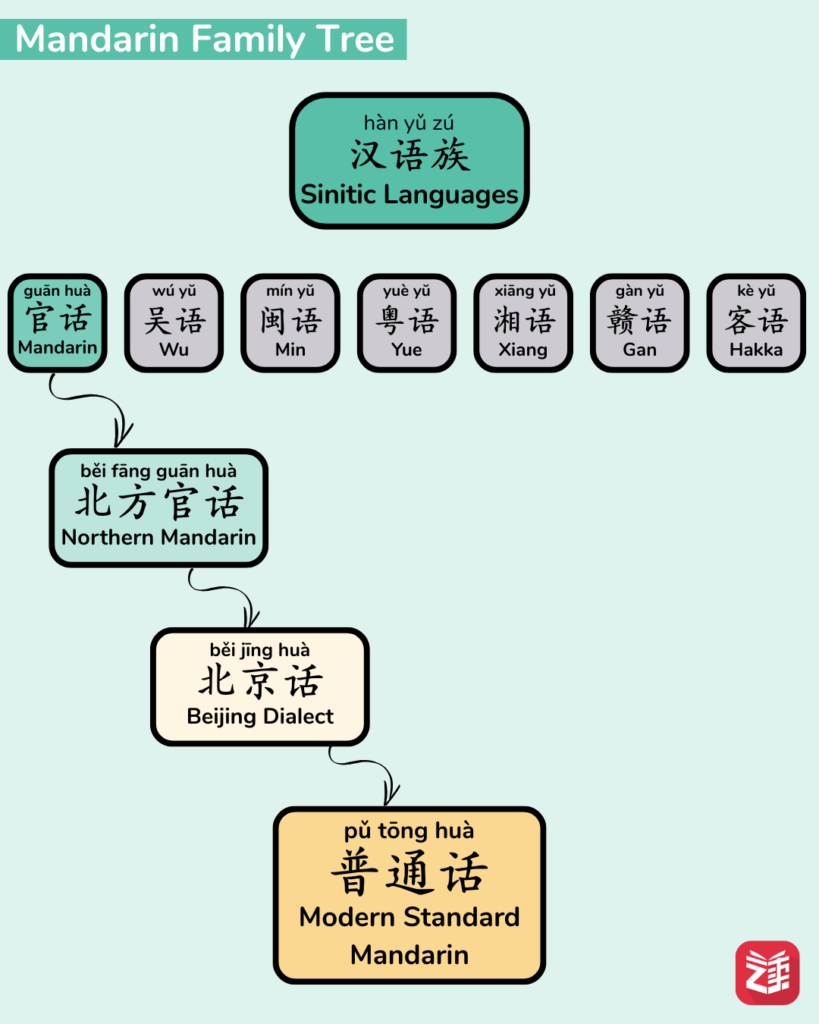
Standard Mandarin as a Second Language
Because Modern Standard Mandarin was based on the Chinese spoken in Beijing, many Chinese people in the south learn it almost like a second language. If a Chinese person grew up speaking a different dialect at home, they might find it harder to speak Standard Mandarin with a “proper” accent. In fact, you could argue that there are no true native speakers of Modern Standard Mandarin. Instead, people who need to speak “perfectly” often undergo special training before entering fields like education or broadcasting.
Standard Mandarin with an Accent
With the exception of people who go through special training, very few Chinese people will actually speak Standard Mandarin with the level of clarity that you might hear in the classroom or news broadcasts. As such, it’s very normal for Chinese people to speak Standard Mandarin with an accent that reflects where they’re from. While Chinese people usually have no problem understanding different accents, this can sometimes be confusing for non-native speakers.
Who Speaks Standard Mandarin?
Standard Mandarin has been the de facto version of Chinese used for education, news, and media in both Mainland China and abroad for decades, so the vast majority of Chinese people speak it, or at least understand it. For the most part, the odds of a Chinese person speaking Standard Mandarin are extremely high, but there are some notable exceptions:

- Older generations: Some older Chinese people might not speak Standard Mandarin with the same level of clarity as younger generations, if at all.
- Chinese people from immigrant communities abroad: Many Chinese people from immigrant communities abroad may not speak Standard Mandarin well. This is because their families may have left China before it became the national standard. Instead, they might speak regional languages like Cantonese or Hokkien.
When do people speak it?
In school environments: If you were to visit Chinese schools, you might see a sign reading “请讲普通话” (please speak Standard Mandarin) on the wall. Chinese teachers, schoolchildren, and students speak Standard Mandarin at school, and their local dialect at home. While teachers are required to undergo some training, they’re not held to the same standards as news broadcasters, so they may still have an accent.
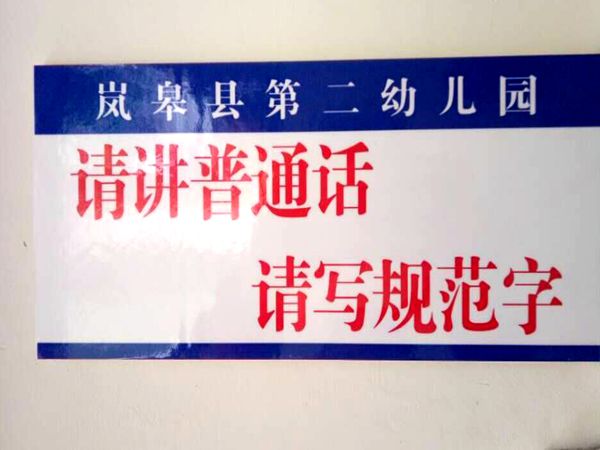
With Chinese people from other regions: Chinese people speak Standard Mandarin when they’re talking to anyone who they think won’t understand their local dialect. For this reason, it’s normal for Chinese people travelling in China to have conversations about each other’s accents, guess where each other are from, etc. Chinese people often speak their local dialect at home, and Standard Mandarin when travelling anywhere else.
With Chinese learners: Chinese people understand that people learning Chinese as a second language won’t understand their native dialect, so they will generally speak Standard Mandarin when communicating with foreigners.
Perfect your Standard Mandarin
This might make it sound like Chinese is a confusing landscape of dialects and accents, but the truth is that aiming for clear Standard Mandarin is still the best thing you can do to be widely understood. The next time you’re out speaking with Chinese people, why not ask them about their local dialect? This is a great way to learn about the Chinese language and people.
If you are interested in improving your listening skills, Du Chinese offers audio recorded by native speakers who are certified in Standard Mandarin. Our native audio offers a reliable way to expose yourself to authentic, accurate pronunciation as you learn, preparing you for the wider world of the Chinese language.
Reference
- Annual Review of Applied Linguistics David C. S. Li
- Chinese: A Linguistic Introduction Chaofen Sun
